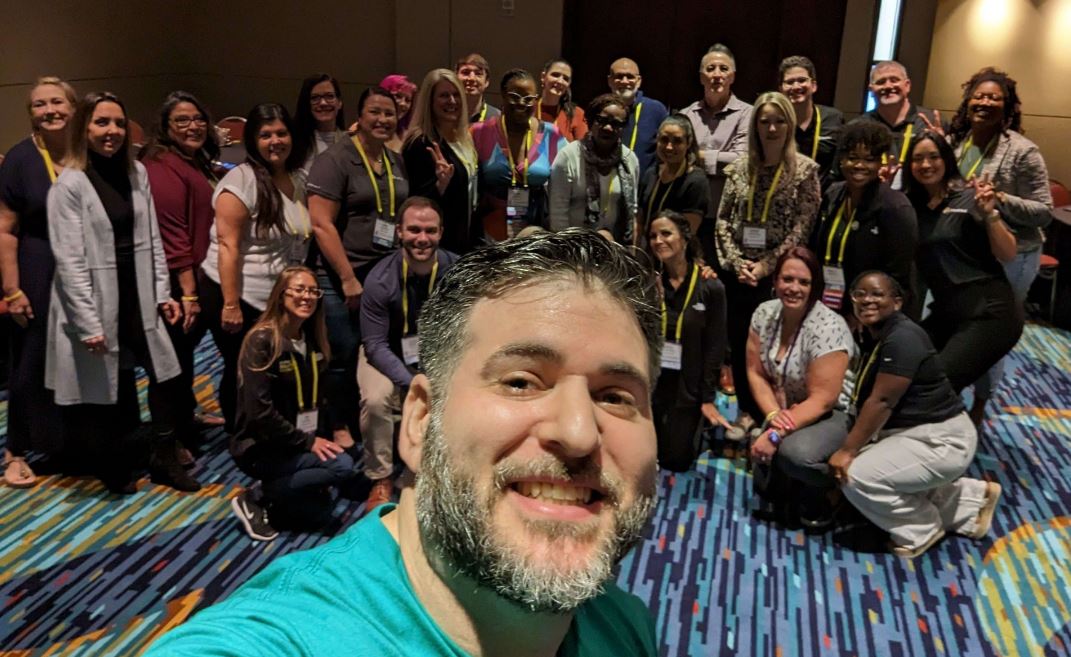Leading in today’s stressful and ever-changing professional environment requires adaptability and the ability to react to shifting realities. Amidst uncertainty, one valuable skill that can help leaders thrive is improvisational acting (improv) training. Improv is about taking what you are given and making the most of it, making it particularly useful during times of upheaval and change. In this article, we explore four improv lessons for leaders to learn from to enhance their professional effectiveness.
Here are four improv lessons for leaders:
1. Live in Observation
Keen observation is fundamental to both great improv and effective leadership. By observing everything around them, leaders gain valuable insights and new data. The ability to accept and acknowledge all information, regardless of personal biases or preferences, empowers leaders to make informed decisions grounded in the reality of the moment. Strengthening observation skills helps leaders navigate complex situations with greater clarity and adaptability.
2. Accept and Build (Yes, and…):
Once leaders accept the reality of a situation, they can move forward and build on it. In improv, this principle is known as “yes, and…” It involves accepting what is presented and adding to it, creating an inclusive and collaborative environment. Similarly, in leadership, embracing different perspectives and ideas, even if they initially seem contradictory, can foster creativity, generate momentum, and encourage the development of innovative solutions. By refraining from shutting down ideas with a simple “no,” leaders create a culture of continuous growth and progress.
3. Make Active and Positive Choices
Improv emphasizes the belief that when individuals act in good faith and to the best of their abilities, positive outcomes can emerge, even from unexpected directions. By making active and positive choices, leaders create momentum and progress. It is essential to have a bias towards action, as even if a course correction becomes necessary, it is easier to adjust while in motion. Leaders who embrace this mindset inspire their teams to be proactive, agile, and resilient, fostering a culture of progress and adaptability.
4. Don’t Be Afraid to Mess Up
In improv, mistakes are often the foundation of the best scenes. Leaders should adopt a similar perspective and not fear making mistakes. In times of upheaval, where uncertainty prevails, perfection is not expected. Instead, leaders should focus on making active and positive choices, even if they occasionally stumble. Embracing failure as an opportunity for growth and learning creates an environment that encourages innovation, experimentation, and resilience.
In conclusion, just as improv actors can adapt and pivot on stage, leaders can apply the principles of improv to enhance their effectiveness in professional settings. By observing, accepting, and building on the offer, making active and positive choices, and embracing the potential in mistakes, leaders can navigate uncertain and challenging circumstances with greater agility and resilience. Improv offers a powerful set of tools and mindsets that can be invaluable in helping leaders thrive and succeed in today’s ever-changing world.
Improv Lessons for Leaders today
Be the best leader you can with the benefits and fun from improv.


